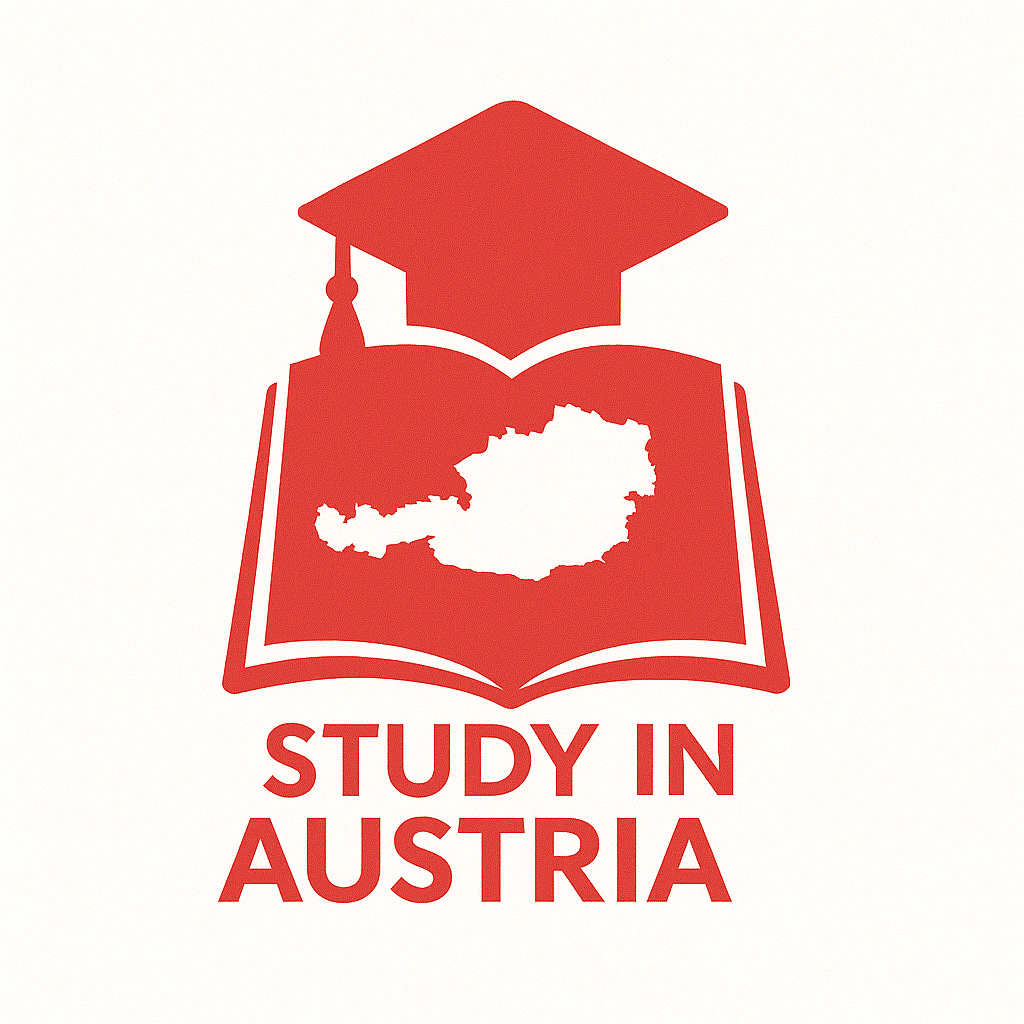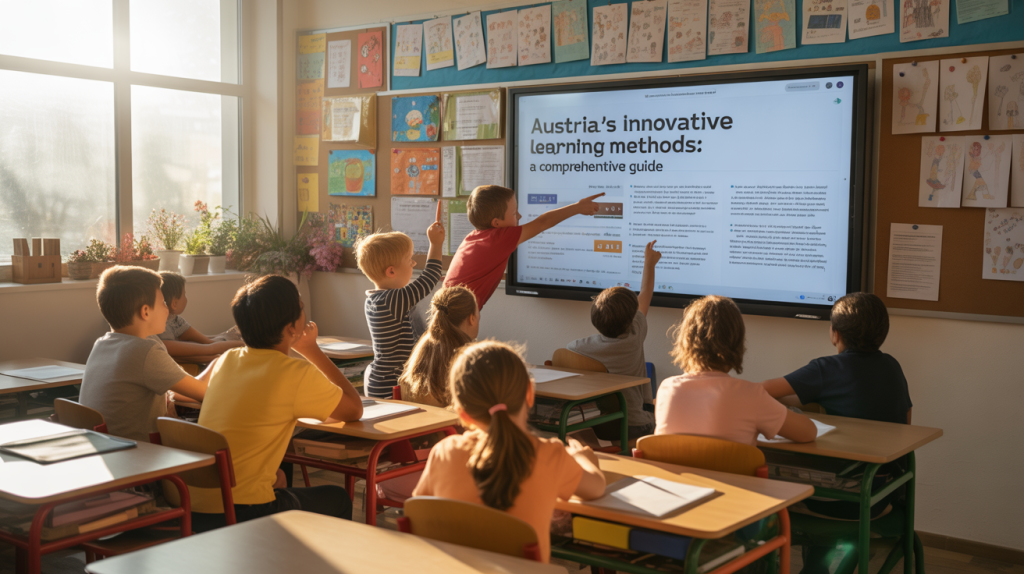Austria’s Innovative Learning Methods: A Comprehensive Guide
Curriculum Development and Educational Strategy
Austrian education emphasizes continuous curriculum development, which is vital in today’s knowledge-based economy. The country’s educational strategy encourages innovation by focusing on:
- Modern Teaching Methods: Educators are empowered to adopt and implement new teaching approaches that promote critical thinking, creativity, and independence among learners.
- Dynamic Curriculum: The Austrian curriculum is consistently updated to reflect current research and societal needs, ensuring students gain both theoretical knowledge and practical skills essential for global citizenship.
The emphasis on curricular flexibility aligns with Austria’s position as an attractive option for international students seeking quality education that adapts to the changing demands of global industries.
Key Features of Innovative Learning in Austria
Austria’s educational systems feature several compelling attributes that enhance the learning experience:
Integration of Digital Tools
Digital literacy is a cornerstone of modern education in Austria. Schools across the nation are equipped with advanced technology, and students engage in digital projects that enhance their technical and analytical abilities. Some highlights include:
- Smart Classrooms: Equipped with digital tools that foster interactive learning.
- Emphasis on E-learning: Many institutions utilize online resources and platforms to facilitate remote learning.
Competence-Based Learning
Rather than relying solely on rote memorization, Austrian education focuses on developing key competences. This approach includes:
- Practical Applications: Students learn to apply their knowledge to solve real-world problems, preparing them for future challenges.
- Assessment of Skills: Emphasis is placed on evaluating students’ capabilities in practical contexts rather than through traditional testing methods.
Interdisciplinary and Play-Based Approaches
Austrian educators utilize innovative teaching methods to increase student engagement. These include:
- Project-Based Learning: Students collaborate on projects that combine different subjects, fostering a deeper understanding of content.
- Play-Modeled Activities: Integrating play into learning experiences supports creativity and critical thinking, making education more enjoyable and effective.
Focus on Social and Digital Competence
Recognizing the importance of social and digital capabilities in today’s interconnected society, the Austrian education system introduces concepts such as:
- Social Interaction Skills: Educational programs are designed to equip students with the skills to navigate social environments effectively.
- Digital Competence: Courses aim to prepare students for challenges in the digital world, ensuring they can harness technology to their advantage.
Learning Outside the Classroom
To promote experiential learning, many Austrian schools offer programs that encourage education beyond traditional classroom settings:
- Outdoor Classrooms: These environments provide opportunities for students to engage with nature while learning.
- Green Kindergartens: Facilities designed to immerse young learners in natural settings, fostering an early connection with environmental stewardship.
Professional Development and Support for Educators
Austrian institutions recognize that effective pedagogy is contingent on well-trained educators. Continuous professional development ensures that teachers remain at the forefront of educational innovation. This includes:
- Regular Workshops: Faculty members participate in workshops that introduce the latest teaching techniques.
- Coaching and Mentoring: Established educators provide guidance to new teachers, aiding their integration of innovative practices into the classroom.
Scale of Innovation: Systemic and Grassroots
Innovation in the Austrian education sector is not solely top-down. A hybrid approach—combining systemic reform with grassroots initiatives—ensures the education system remains responsive to emerging needs:
- Broad Reforms: Large-scale educational policies support a foundation for innovation.
- Local Initiatives: Schools are encouraged to experiment with novel teaching methods, fostering a culture of creativity and adaptability across educational settings.
Summary of Austria’s Unique Educational Innovations
| Feature | Description |
|---|---|
| Digital Integration | Use of digital tools and platforms in everyday learning. |
| Competence-Based Education | Focus on skills and practical competences over memorization. |
| Interdisciplinary Methods | Combination of multiple subjects for holistic understanding. |
| Experiential Learning | Learning beyond the classroom, utilizing natural environments. |
| Teacher Development | Regular training and support to implement innovative practices. |
| Student-Centered Learning | Active student participation and autonomy in the learning process. |
Conclusion
Austria’s commitment to educational innovation ensures that international students acquire essential skills, adaptability, and a passion for lifelong learning. With a blend of modern teaching methodologies and a supportive learning environment, Austria is an ideal destination for students aiming to thrive in a dynamic global educational landscape.
At Study in Austria, we are dedicated to promoting Austria as a premier choice for international studies, providing resources and support for student recruitment, university admissions teams, and education professionals.
For agencies and institutions interested in partnership opportunities or seeking guidance in facilitating study placements, we invite you to connect with us today. Let us help you explore the innovative study pathways available in Austria—together, we can foster educational excellence and global citizenship.
Take the Next Step with Study in Austria
Are you ready to embark on your educational journey in Austria? Explore further opportunities with us!

